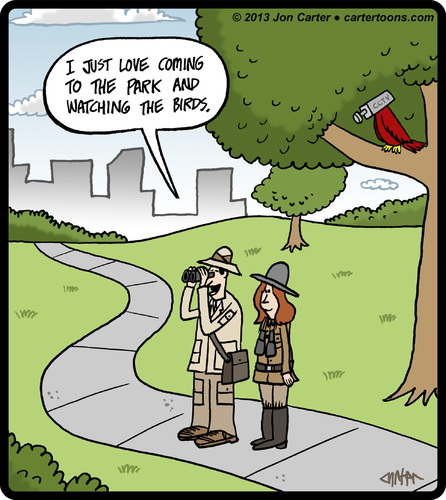
Birds in the neighbourhood may mean higher house prices
The gentle tweeting of birds from the back garden can be enough to lift anyone’s mood, but new research suggests it may also be a sign that your house will be worth more too.
A new study has shown that houses in areas rich with bird life sell for an average of £21,000 more than those with fewer birds.The research, which attempted to compensate for factors such as house size, age and levels of urbanisation, found that the presence of even just one uncommon species of bird was an indication of higher house prices.
The more species there were, the higher the prices became, the researchers found.
It suggests that house-hunters would do well to listen out for the sound of woodpeckers and nightingales to gauge the quality of a neighbourhood.
The researchers also found that nearby parkland did little to influence the number of birds, meaning their presence was due to nearby domestic gardens in the area.
Michael Farmer, from the department of agricultural and applied economics at Texas Tech University in Lubbock who led the research, which is published in the journal of Urban Ecosystems, said: “The addition of another desirable, less ubiquitous bird species improves mean home price by $32,028 (£21,000).
“This is likely due to the human created landscapes on private properties immediately surrounding a home sale.”
Bird song is already known to have a number of benefits such as helping people to relax. One study in Liverpool found it could help calm young patients as they received injections in a hospital.
The National Trust also suggests people listen to birdsong for a few minutes each day to help improve their mood.
Miles Shipside, a housing analyst and commercial director at property specialists Rightmove, said the relationship between property prices and birds could be explained by the value home owners place on having a garden.
He said: “Birds are very sensitive to their environment and it could be a sign of an area having good quality gardens.
“This would be reflected in the property prices. But in the UK particularly people do also put a high value on wildlife so an area where we can see it and be close to it would be more desirable.”












No comments:
Post a Comment